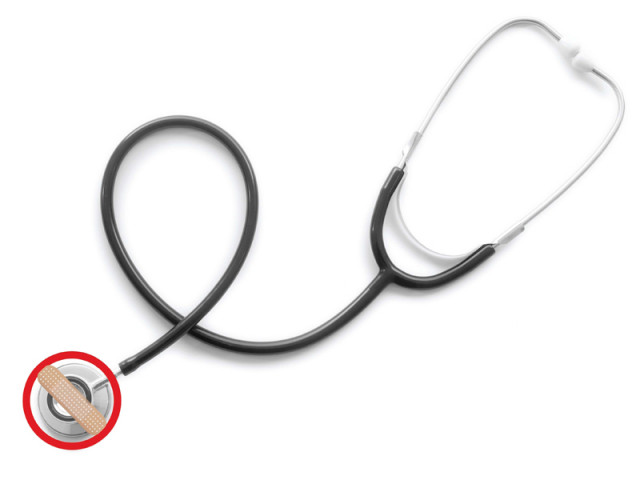Emergency healthcare: Basic life support training now mandatory for doctors
Irish experts to hold workshops on emergency response.

In order to train medical and dental students to respond quickly to emergencies, the University of Health Sciences (UHS) has made basic life support an essential component of the curriculum for MBBS and BDS courses.
“It has been made mandatory for all fourth year and final year MBBS, third and fourth year BDS as well as allied health sciences’ students to undergo cardiac first responder (CFR) as a basic life support course under the supervision of a faculty instructor. UHS is developing the course in collaboration with Disaster Relief by Irish and Pakistanis (DRIP), Ireland, Institute of Learning Emergency Medicine (ILEM), Ireland, and Pre-Hospital Emergency Care Council (PHECC), Ireland,” said a UHS spokesman on Monday.
He said on successfully completing the course each student would be awarded an international certificate.
No medical or dental student would be allowed to appear in the final year examination unless he had completed training and gotten certification in the course. There would be at least one station each on basic life support in the practical examination of medicine, surgery, obstetrics and gynaecology and paediatrics subjects of MBBS with effect from the 2012 annual examination, he added.
“To develop an instructor faculty for this course, UHS has started a training programme for the faculty of colleges affiliated with it. Through a series of workshops, experts from National Ambulance Services College Dublin, University College Dublin, Pre-Hospital Emergency Care Council of Ireland and DRIP would develop an instructor faculty within all medical and dental colleges for this internally accredited course,” he added.
Inaugurating the first workshop on Monday, UHS Vice Chancellor Prof Malik Hussain Mubashar said that patient’s immediate care was a field in medicine which needed to be standardised as most lives were lost in the first 10 minutes of any emergency including heart attacks, strokes, shock and trauma.
“In Pakistan, the importance of emergency services is greatly under-appreciated. Even in the ‘best’ facilities emergency services are merely an extension of in-patient departments rather than a specialty in itself,” Prof Mubashar said adding that emergency departments in hospitals needed to be structured on modern clinical guidelines as practised internationally.
He further said that doctors still seemed to be expected to learn resuscitation skills in clinical settings, when there was little opportunity to correct poor technique. Once students became house officers, their time for training was limited.
“Many junior doctors are not competent to carry out effective cardiopulmonary resuscitation (CPR), training in basic and advanced life support should become standardised,” he added.
He agreed that emergency care training for healthcare students had historically been a neglected area in the undergraduate curriculum.
“Basic first aid and resuscitation skills should be taught to all professional healthcare students. Patients and the public have an inherent expectation that healthcare professionals would know what to do in an emergency irrespective of where they are during such training,” the UHS VC maintained.
DRIP president Dr Farooq Butt said all courses were designed and delivered with a hands-on approach. The students would be encouraged to practice and demonstrate both the skills and the knowledge necessary to save lives, he said adding that the basic objective was to prevent deaths from emergencies.
Basic Life Support is the level of medical care which is used for patients with life-threatening illnesses or injuries until the patient can be given full medical care at a hospital. It is generally provided in a pre-hospital setting, and can be provided without medical equipment. Advanced Life Support involves the use of drugs or invasive skills. The training in these courses is based on the guidelines which outline algorithms for the management of a number of conditions, such as cardiac arrest, choking and drowning.
Published in The Express Tribune, February 7th, 2012.



















COMMENTS
Comments are moderated and generally will be posted if they are on-topic and not abusive.
For more information, please see our Comments FAQ